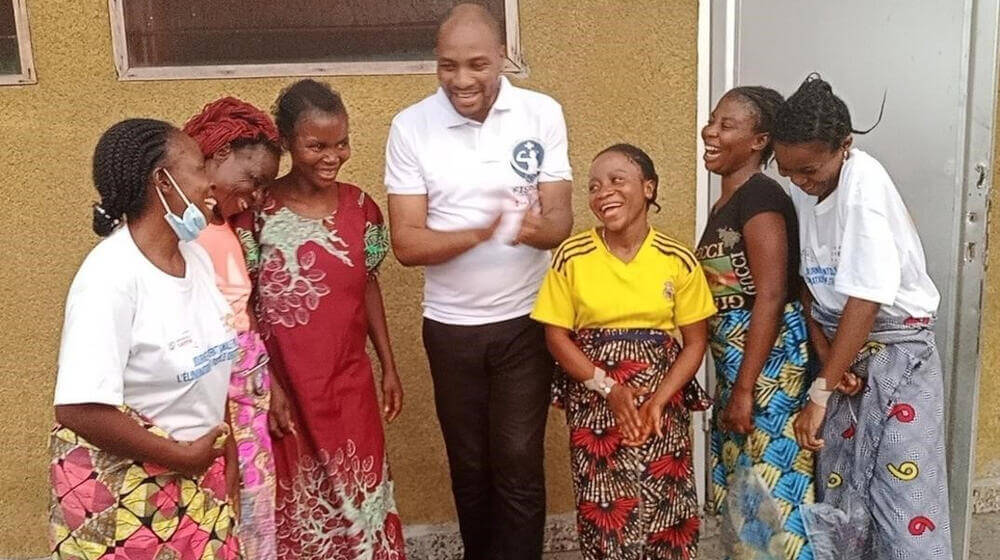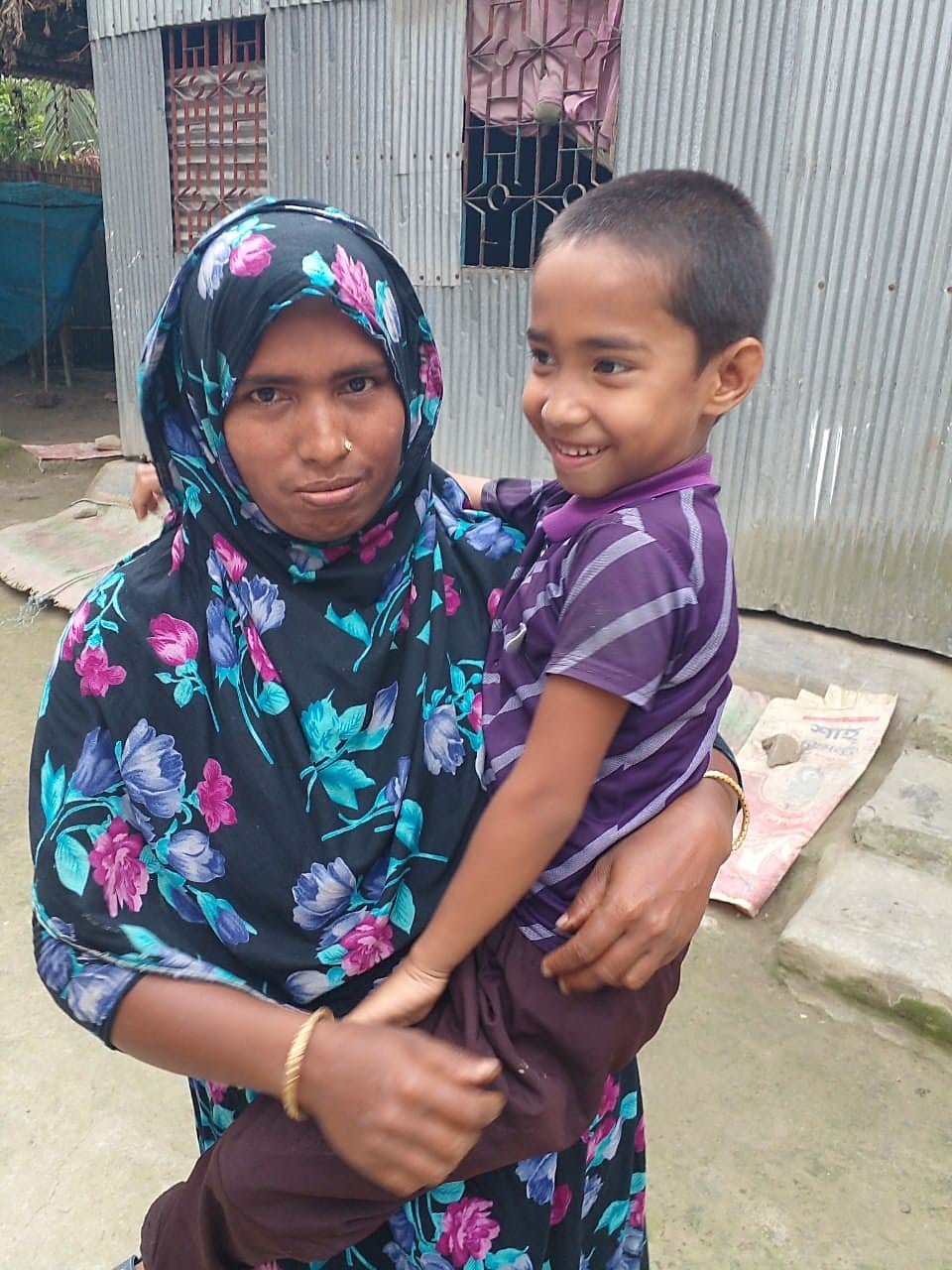Three survivors, three stories: Picking up the pieces of lives broken by obstetric fistula

KINSHASA, Democratic Republic of the Congo/KURIGRAM DISTRICT, Bangladesh/KILIFI, Kenya
Pemba was called “ndoki,” or “witch,” by her community, including her father and siblings. Sojina felt like a prisoner in the room she was banished to, forbidden to step outside even to worship. Jamila’s career as an early childhood development teacher came to an end.
All three women had undergone prolonged, obstructed, and agonizing labour. All three lost their babies. And all three are survivors of obstetric fistula, the childbirth injury that left them leaking urine and feces. The became pariahs in the only homes they knew.
Pemba, from a village in the DRC, became pregnant at 15. Her boyfriend abandoned her and fled to neighbouring Angola. “My baby did not survive. I cried for three days and couldn’t eat. After the delivery, I started to see permanent urine flows.” The boyfriend eventually returned and wanted to marry her, but her village and family said she was cursed. A sister living in the capital paid for her to go there to seek care, but because of the permanent odour, Pemba faced rejection. She was unwelcome to join in meals and faced endless humiliations and insults.
“My father no longer considered me his daughter. He hadn’t spoken to me for almost five years, even when he was in Kinshasa,” Pemba said. “When I asked to return to the village, he refused. He demanded my sister kick me out of her house. For the past three years, I have been living with friends.”
“Something terrible happened and changed everything”
Sojina was six – eight weeks away from her due date when she began experiencing severe pain. Married at 16, she first became pregnant at 18 and delivered a healthy baby boy. Now, five years later, she was in days-long excruciating pain, which her husband and family assured her would disappear. But unable to tolerate the situation, she went to a health facility. Sojinga had been in labour all that time and now the baby was dead. In a matter of days, she started leaking urine uncontrollably; the doctor told her it would stop after a few days. It didn’t.
Because of the stigma surrounding obstetric fistula survivors in Bangladesh, Sojina’s husband made her return to her father’s rural village alone. She isolated in a room nobody else entered.
“I was devastated. My first child was not with me. I was heartbroken by the loss of my second child. I was about to lose my husband,” she recalled. “The only things I could do were to wash my clothes and stay in that room like a prisoner.”
Too Embarrassed To Work
For the past five years, Jamila had been visiting clinics for treatment. The pain and leaking worsened during her period, and she had to change her clothes constantly. “I was too embarrassed to go to work because of the stares and discrimination from my peers for smelling of urine,” she said. Once an enthusiastic early childhood development teacher, Jamila, lost all passion for her work, as her condition took an emotional toll on her.
In Kenya, an estimated 3,000 women develop a fistula every year. Tragically, less than 300 of these women are able to access medical care.
Jamila’s ray of hope came when a community health volunteer told her about a free fistula camp. UNFPA and partners organized the one-week camp, which screened 119 women. All of these women faced social eclusion from their communities. 30 patients, including Jamila, received fistula reconstruction surgery and treatment for other gynecological cases.
“I am now hopeful that I can become a mother again and go back to pursuing my career,” she said. “I want to make up for the time lost while living with fistula.”
New livelihoods, new lives

Pemba lived with fistula for seven years before a community health worker told her about FisPro DRC. The organization is a UNFPA partner and treats fistula for free. They also taught Jamila the craft of basket weaving as a way to reintegrate her into society. Many obstetric fistula survivors have virtually zero employment opportunities.
“I have seen a total change in my life,” said Pemba, now 22. She was able to reestablish a relationship with her father. “I hope that I will have a husband and that one day I will have children. Basket weaving will be an opportunity to start a job. This will allow me to be independent and have the means to return to my village.”
Sojina had nearly given up hope for a better future when a government field worker visited. Once he learned of her condition and he immediately contacted the hospital. There, Sojina received a UNFPA-supported fistula repair and, like Pemba, livelihood training.
“They gave me ducks, which I am breeding and selling their eggs to earn money for my family,” said Sojina, now 25. “I am hopeful that I can rebuild a better life for myself. I returned home to my husband and child and we began our new life together.”
UNFPA.org orginally posted a version of this article.